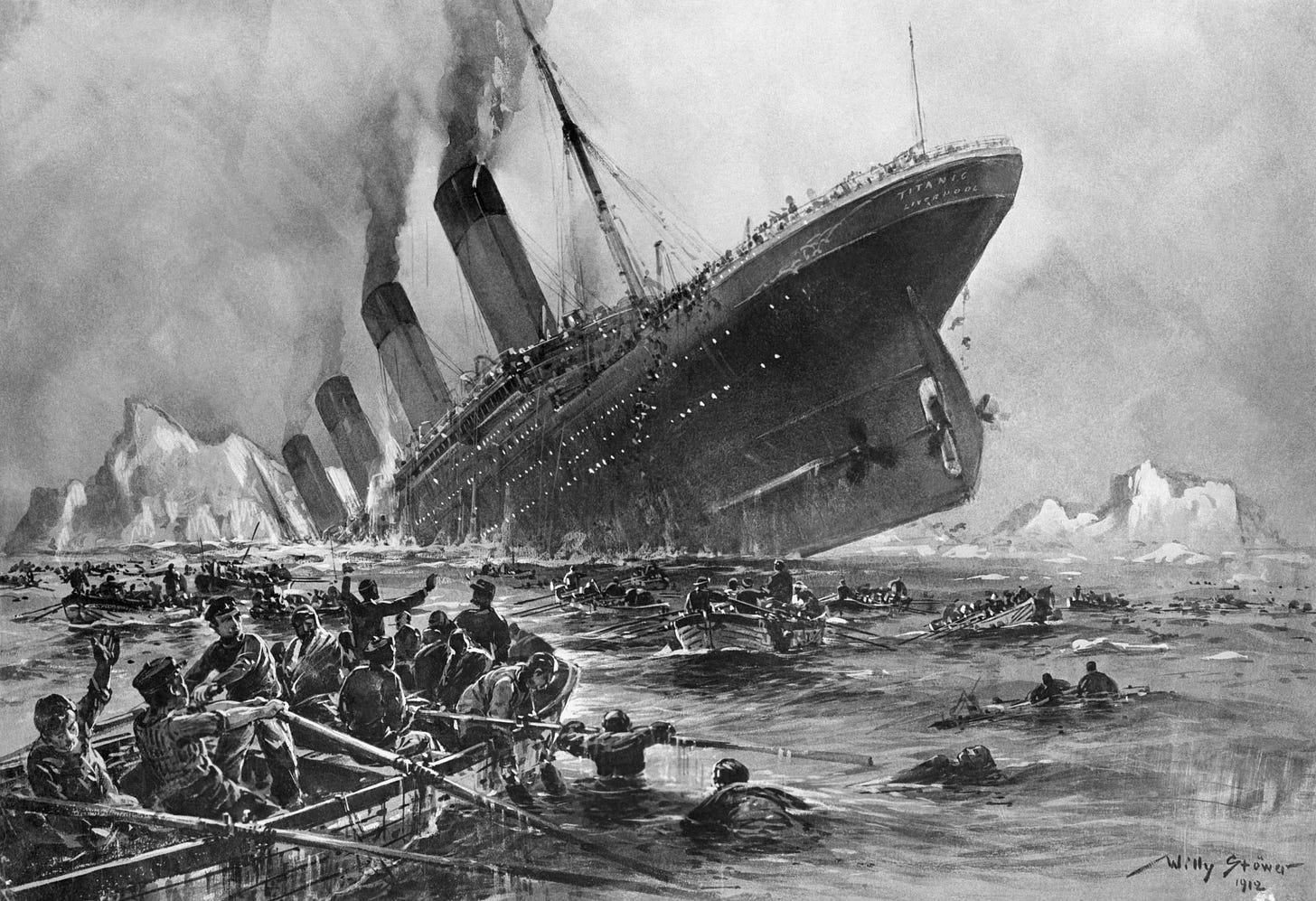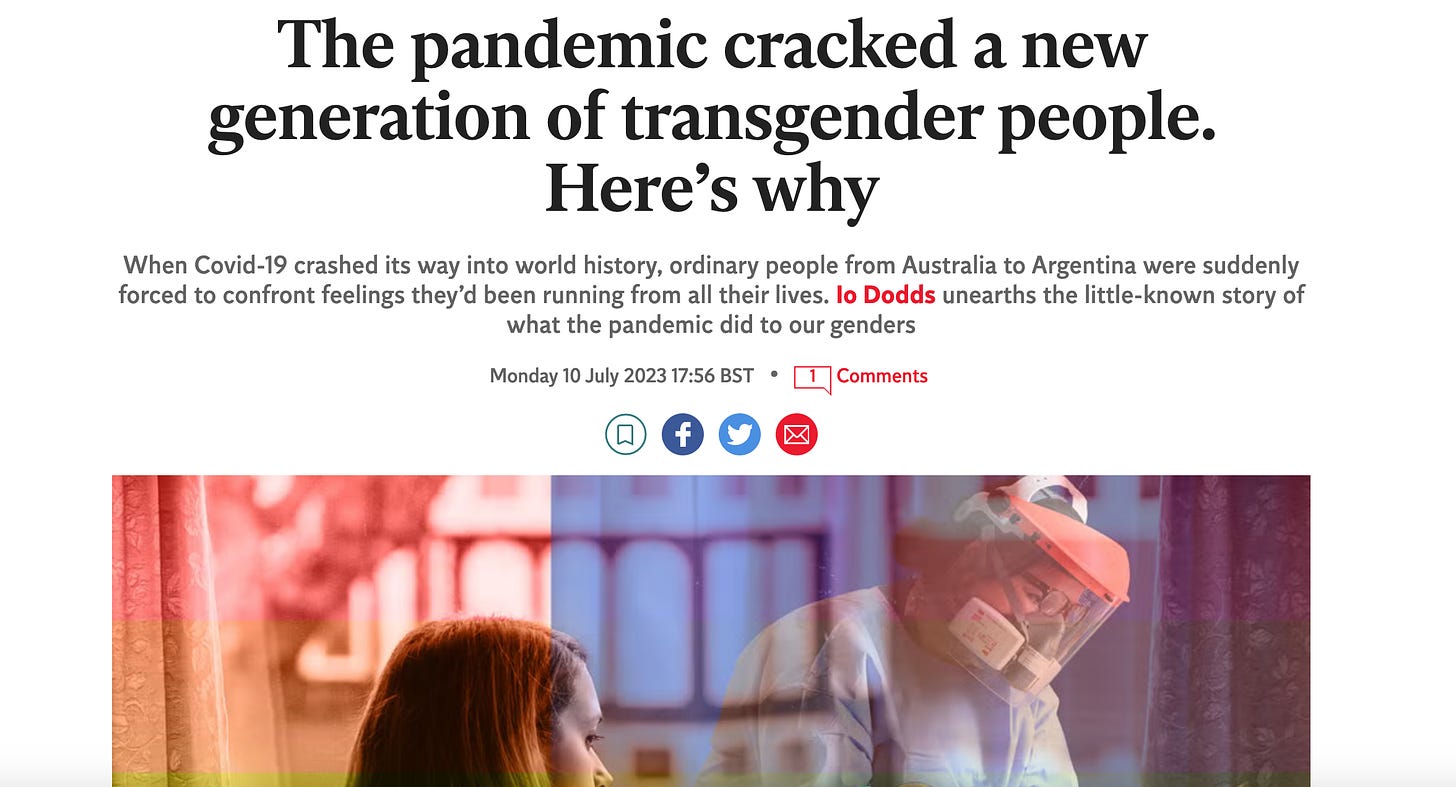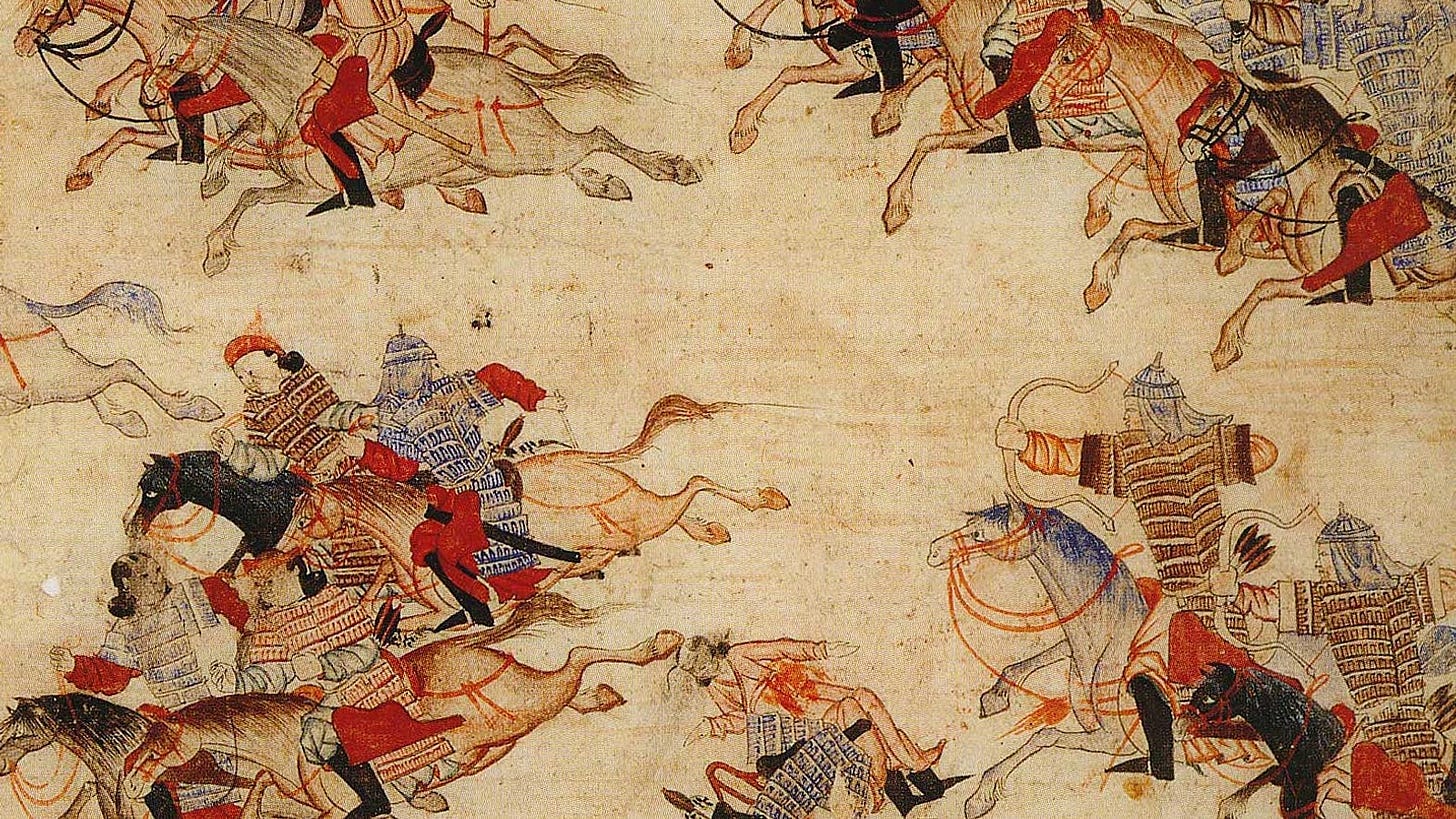I missed this when it first came out but never have I ever encountered such an immaculate and telling time capsule. It’s all in here! Egg-cracking memes, TransTubers, a pandemic inside a pandemic, and, yes, a man who renamed himself “Isis”!
I want to be clear: there are serious and fascinating articles to be written about why so many kids and adults suddenly “discovered” a trans identity during the pandemic. This isn't one of those articles.
In the future, let’s just say that this is going to read very differently than the author intended.
Isis caught Covid-19 before most people had even heard the name. It was December 2019, and the young Indian medical student had been working in a respiratory medicine unit in Mangalore when a patient came in with a strange new virus.
So when Isis tested positive, they were put into total isolation for the next three months.
“I had to submit my temperature to the nurse about three times a day,” Isis tells The Independent. “I got meals delivered. I had to monitor my blood oxygen. I could read, play video games, and that’s it.”
With nothing else to do, Isis turned to the internet. They made a bunch of new online friends, many of whom were transgender or non-binary. Suddenly, they were forced to consider a question they’d been avoiding for their entire adult life: could they, too, be trans?
“That was when I realised that a lot of these people are exactly like me; they went through the same things that I did,” says Isis, who asked for their surname to be omitted because their family and colleagues don’t know they are non-binary. “Now my entire identity was in chaos. I didn’t know who I was anymore.”
Across the world, untold numbers of people were about to go through a similar process. They were doctors and teachers, students and software engineers, caregivers and the chronically ill; chefs, playwrights, archaeologists, and night shift grocery store managers. All were caught in a titanic collision between history and their own identity.
That high-flung language in the last sentence sounds like what happens when I feed a request through ChatGPT 10 times with the prompt “You’re on the right track but it needs more bombast.”
Ah, yes, the “titanic collision” between history and… gender identity.
And COVID.
And way too much alone time on the Internet playing Chutes and Ladders with your sanity.
For Lia Novaki, attending high school in rural Germany, it came while locked down at home with no lessons and no social life, and nothing but time and space to experiment with new clothes and new ways of seeing herself.
Uh huh.
Trans people sometimes liken the moment where they truly realise they are trans to the first cracking of an egg as it hatches. Using that metaphor, the Covid-19 pandemic appears to have been a mass egg-cracking event without precedent in history.
Big missed opportunity here to remind everybody about the mass egg-cracking event that swept across the Asiatic steppes into the heart of Europe way back in 1241…!
Many people had stories like this. They knew in theory they could be trans, and had many thoughts and feelings that suggested they might be. But, whether due to outdated ideas about what “trans” meant or sheer magical thinking, they imagined it didn’t apply to them.
Yes, that’s magical thinking for you: imagining you’re not trans!
This new freedom was aided by a mass migration to digital and online spaces, where identity is more plastic and trans community is easier to find. 103 respondents, or 51 per cent, cited "reliance on internet for social life", with four people specifically mentioning Nintendo’s March 2020 smash hit Animal Crossing: New Horizons.
I will be the first to admit I know nothing whatsoever about video games but… really? The trans-infantilization runs deep.
In this Oliver was not alone. 54 respondents, or 28 per cent, cited “ever-present fear of death” as a factor influencing their transition. While lockdown may have cracked their eggs, it often took a brush with tragedy to make them take action.
This really cries out for more serious investigation… (and tell me trans isn’t about trying to escape human limits…)
It’s hard to know whether the pandemic actually increased egg-crackings overall. The population of knowingly trans people has been rising exponentially since long before the pandemic, thanks to the community’s success in sharing information, supporting questioning people, and advocating for greater acceptance.
Data from state-run gender clinics in England and Northern Ireland, made public via freedom of information requests by the British newspaper Metro, shows a massive drop in new adult patients in spring 2020 and then a sustained rise through the end of 2021. In the US, health insurance data showed that the number of children diagnosed with gender dysphoria nearly tripled between 2017 and 2021.
… One group in Moldova, GenderDoc-M, did see inquiries from trans people “skyrocket”. But most were under 20 years old, suggesting the pandemic simply pushed that specific generation of trans people to crack all at once rather than gradually over the next few years.
But don’t worry, it’s not a social contagion! One pandemic at a time, please!
Mainstream medical groups reject the idea that transness is a delusion spread via “social contagion”, as some anti-trans activists claim. But the knowledge and confidence necessary to begin transitioning certainly can spread, says Ruth Pearce, and each new trans person who comes out makes it easier for others.
Numerous respondents testified to the importance of trans role models, whether among their friends or on TikTok and YouTube. Some had already seen a second wave of comings-out in their circles, inspired by the first quarantrans cohort.
“This is obviously not ‘social contagion’,” says Bex, who is now finishing her PhD as an out and proud trans woman. “But seeing somebody walk down a path you didn’t think was possible lets you see that the path is there.” From off-camera, her fiancée shouts: “Dominoes!”
Obviously not.
In some ways, what happened to embryonic trans people during the pandemic is just one manifestation of what happened to everyone.
Yes, it often seems like just about everybody lost their marbles during the pandemic.








The "dominoes" paragraph reminds me of what Michael Anton calls "the celebration parallax" (https://americanmind.org/salvo/thats-not-happening-and-its-good-that-it-is/):
>The Celebration Parallax may be stated as: “the same fact pattern is either true and glorious or false and scurrilous depending on who states it.” In contemporary speech, on any “controversial” topic—or, to say better, regime priority—the decisive factor is the intent of the speaker. If she can be presumed to be celebrating the phenomenon under discussion, she may shout her approval from the rooftops. If not, he better shut up before someone comes along to shut him up.
If you think the influence of trans people might cause the people around them to "discover" their own deep-seated trans identity (" - and that's a good thing"), you can acknowledge that this is a phenomenon that really exists. But if you think some people might mistakenly come to believe that they are trans as a result of peer influence - then all of a sudden "social contagion" is a debunked, discredited transphobic canard.
Serious question: The article asserts it's NOT a social contagion - it's anti-trans to even entertain the idea - but then literally, directly, and overtly describes details of a social contagion. It's not even a case of the reader having to make inferences or ask questions. IT'S RIGHT THERE. This is far from the first article where I've seen this (see link below for another example I just saw where the contagion is explicitly described in the first paragraphs). Do the authors genuinely not see that they just literally described a social contagion? Do they not understand what "social contagion" means? Do they see that the cases they describe actually look exactly like social contagion and so try to run damage control and play fast and loose with language to make "social contagion" mean something else? Or is it just such a standard requirement to throw in a sentence that says "it's not a social contagion and you're transphobic if you even think it" that they mindlessly and reflexively insert it into their articles with so little little thought that they haven't even thought about what the words mean?
https://www.cbc.ca/amp/1.6967503